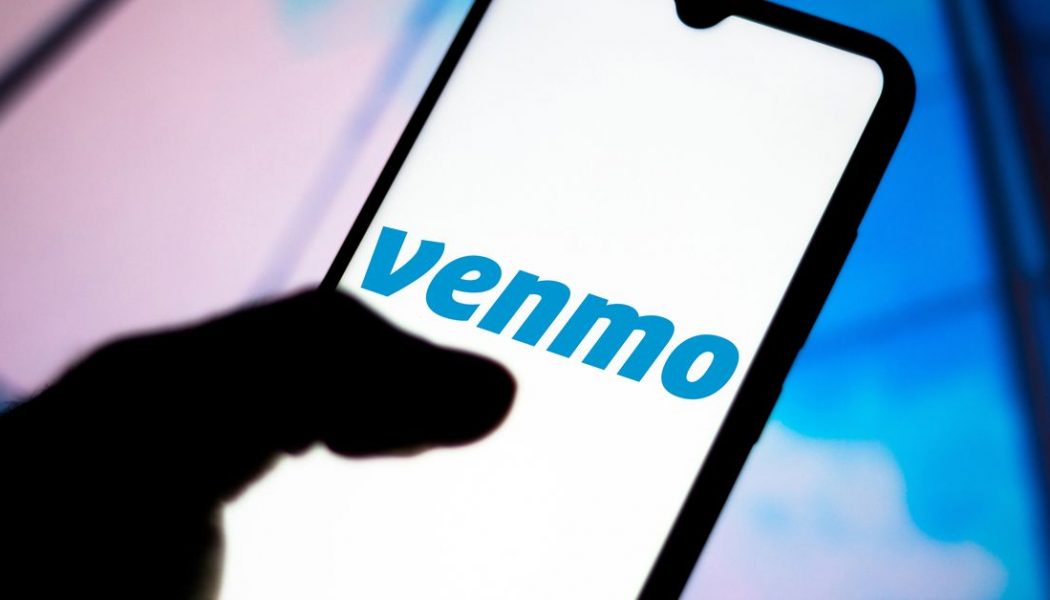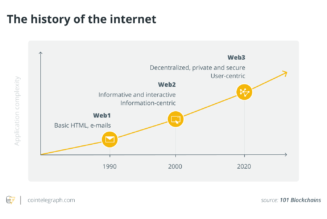
The Consumer Finance Protection Bureau is investigating money transfer app Venmo over the way it handles collections, a new regulatory filing shows. First reported by The Wall Street Journal, the filing shows Venmo owner PayPal received a Civil Investigative Demand from the CFPB on January 21st, “related to Venmo’s unauthorized funds transfers and collections processes, and related matters.”
PayPal said in a statement emailed to The Verge that it was working “productively with the CFPB to provide information, as requested, on our practices and processes.” The statement added that Venmo “remains deeply committed to its compliance obligations and the company works closely with regulators around the world.”
A Venmo user’s account may be referred to collections if it becomes overdrawn; while money transfers within the app usually occur immediately, sometimes the funds don’t leave the user’s bank account for more than 24 hours. So Venmo covers the amount of the payment in the interim. But if the user’s account doesn’t have the funds available when their bank processes the payment, Venmo tries to recoup the amount it covered.
The WSJ has covered Venmo’s collection practices in the past, reporting in 2019 that the company even pursued collections against users who may have been the victims of scammers. Last year, the WSJ reported that Venmo pursued collections at the same rate during the coronavirus pandemic.
Venmo says its user agreement details its potential use of collections, and that it complies with all applicable laws when it pursues collection activity.
Venmo has seen an increase in users during the coronavirus pandemic, as more people used digital payment systems. Earlier this week, PayPal reported net income of $1.57 billion for its fourth quarter, up from $507 million a year earlier. Venmo’s active accounts rose 32 percent in 2020 to nearly 70 million, and CEO Dan Schulman said in a call with investors that the company expects Venmo’s revenue to approach $900 million in 2021.










